‘Blue Beetle’ Director Confirms Film Includes Themes Of Displacement, Colonialism, And Gentrification
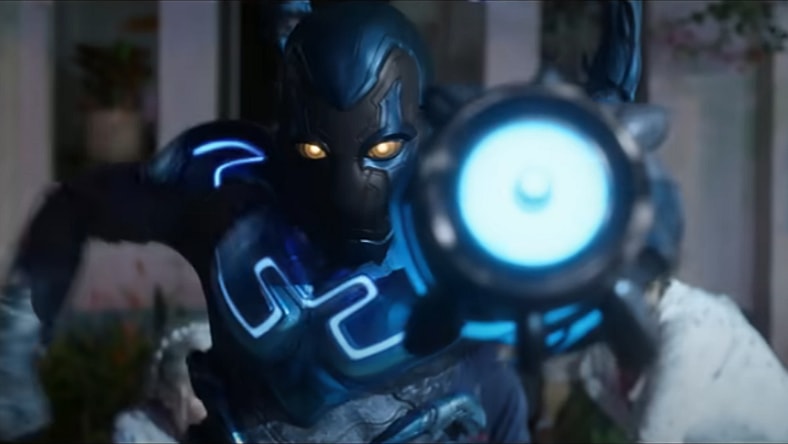
Blue Beetle director Angel Manuel Soto confirmed that the upcoming film features themes of displacement, colonialism, and gentrification. Not only did he confirm these themes, but he also revealed the film specifically sought out Mexican actors refuting the whole Latino narrative he’s been marketing the film as.
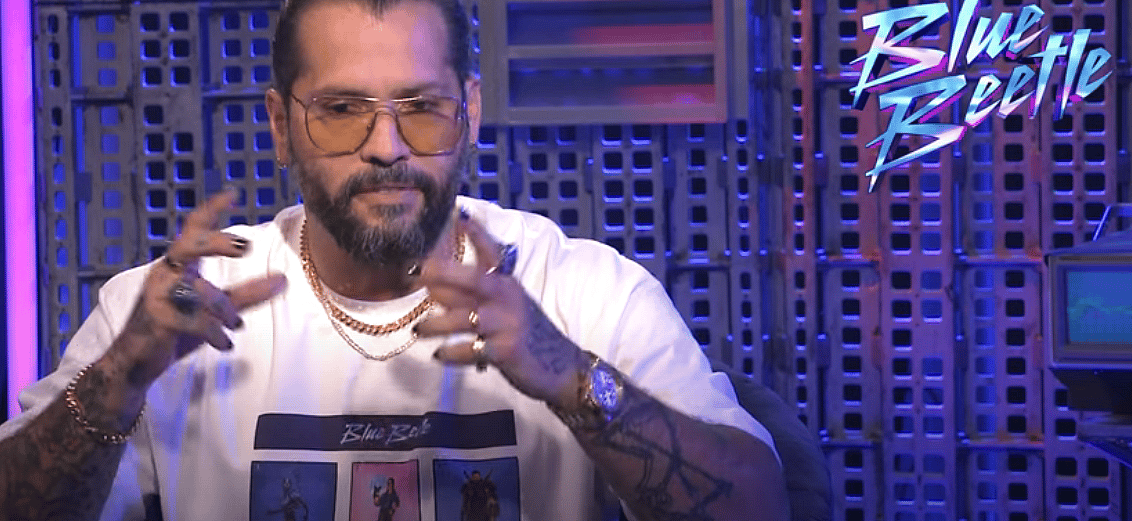
In an interview with Collider’s Steven Weintraub, Soto was asked, “What did you actually want to include from your own experiences and the environments that you grew up in that were really important to you to put into this movie because this movie means an awful lot to a lot of people.”
Soto responded, “Yeah, I mean I wanted this film because it is the first time you see a character that is Latino on the paper that his families are Latino. I really wanted to ground on the experiences that form a lot of us, right?”
“Oftentimes in a lot of movies our stories are told like the in the middle of the sentence or in the middle of the paragraph. Like boom gangster. Boom you came out of prison,” he said. “We have have a chance to tell a history of where we come from and the stuff that really does affect us.”
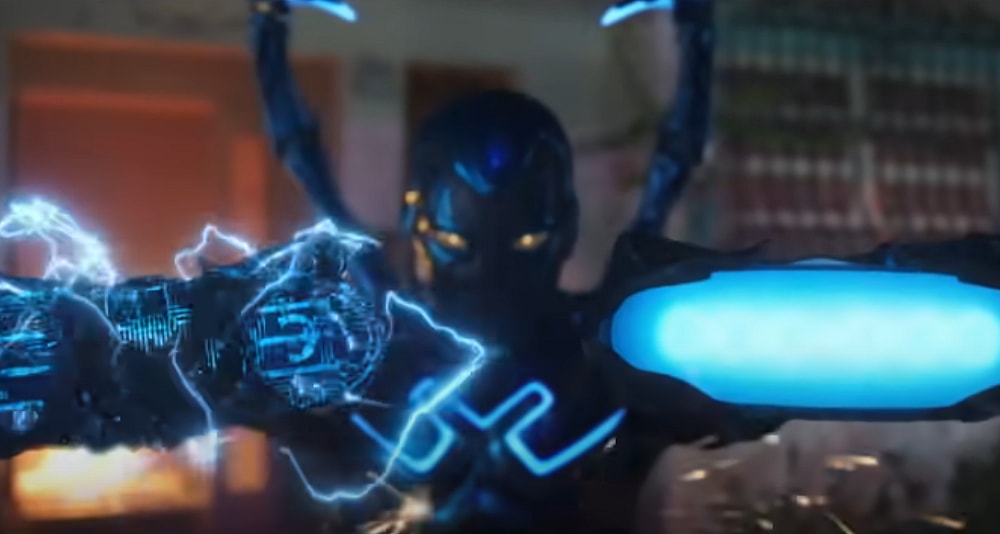
“So how can we introduce this character because this is what this movie is? It’s like a first act of a potential saga that we want to create for the Blue Beetle journey. And one of the things that we wanted to do first of all was hire Mexican actors,” he asserted. “Not just Mexican Americans, but also go to Mexico and get like the best stars from Mexico for this movie like Damián Alcázar or Adriana Barraza.”
“And they bring their own authentic experiences to the movie and that helps a lot to inform the conditions we want to put the Reyes family in. We want the Reyes to live in a world that affects their environment, that affects their decision,” he elaborated.
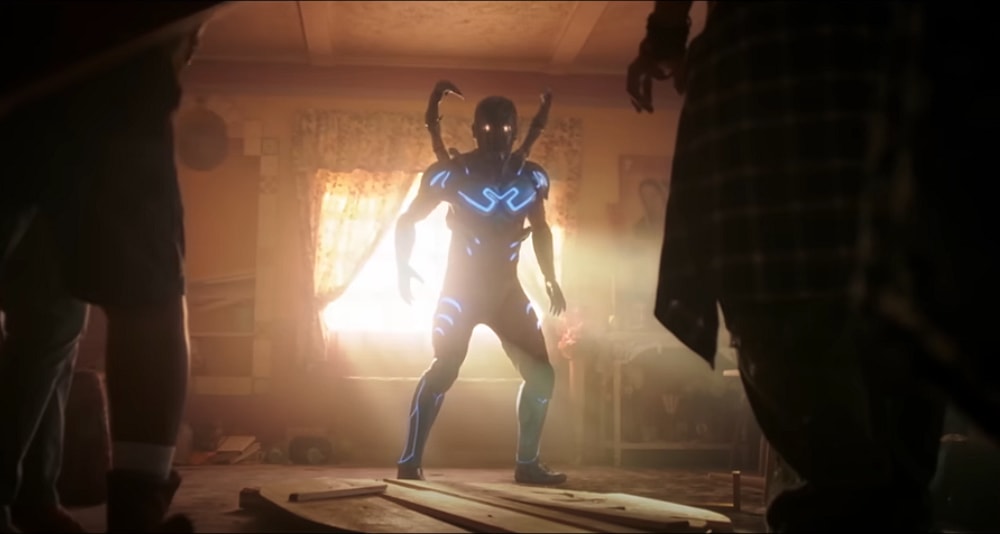
He then revealed a number of themes he took from his own experience that he put into the film, “For example, in my case, from Puerto Rico, displacement, colonialism, gentrification. Those are things that are real threats. Home insecurity, not putting food on the table, proper healthcare. All those things that are villains, but at the same time what are all those things that are are heroic things like community, like standing up against a tyrant, or standing up against the things that weaken us, but doing it through the power of family and community.”
“So being able to hone in to those experiences that I know firsthand, that the writer also knows firsthand because Gareth [Dunnet-Alcocer] is from Queretaro, Mexico. We were able to find where our different journeys intersect in a similarity of experiences that not only affect our individual countries, but also affects countries in Latin American and abroad,” Soto concluded.
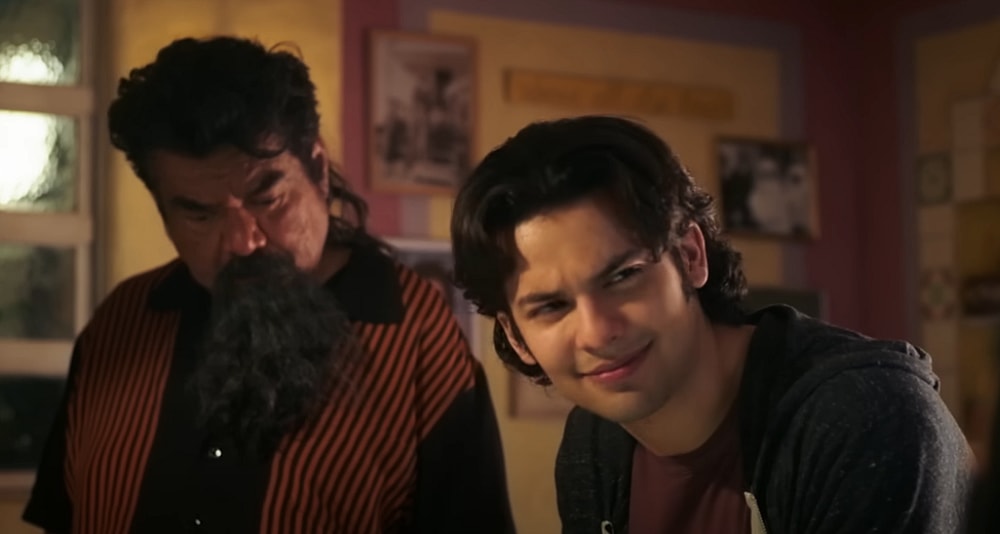
Soto’s confirmation of the themes of displacement, colonialism, and gentrification being included in the film are no surprise. He previously confirmed the movie featured an illegal immigration allegory.
The outlet MovieMaker shared, “Before the movie begins, the family has immigrated to America from Mexico, but [Jamie Reyes’ father] Alberto doesn’t have documentation, so he’s under the constant threat of deportation.”
They go on to note, “Though the film doesn’t depict an ICE raid, it does include a scene that echoes one. Kord Industries invades the family’s home in a scene that can play as just another dramatic moment in a superhero movie – or be taken as symbolic of events that tear apart real families.”
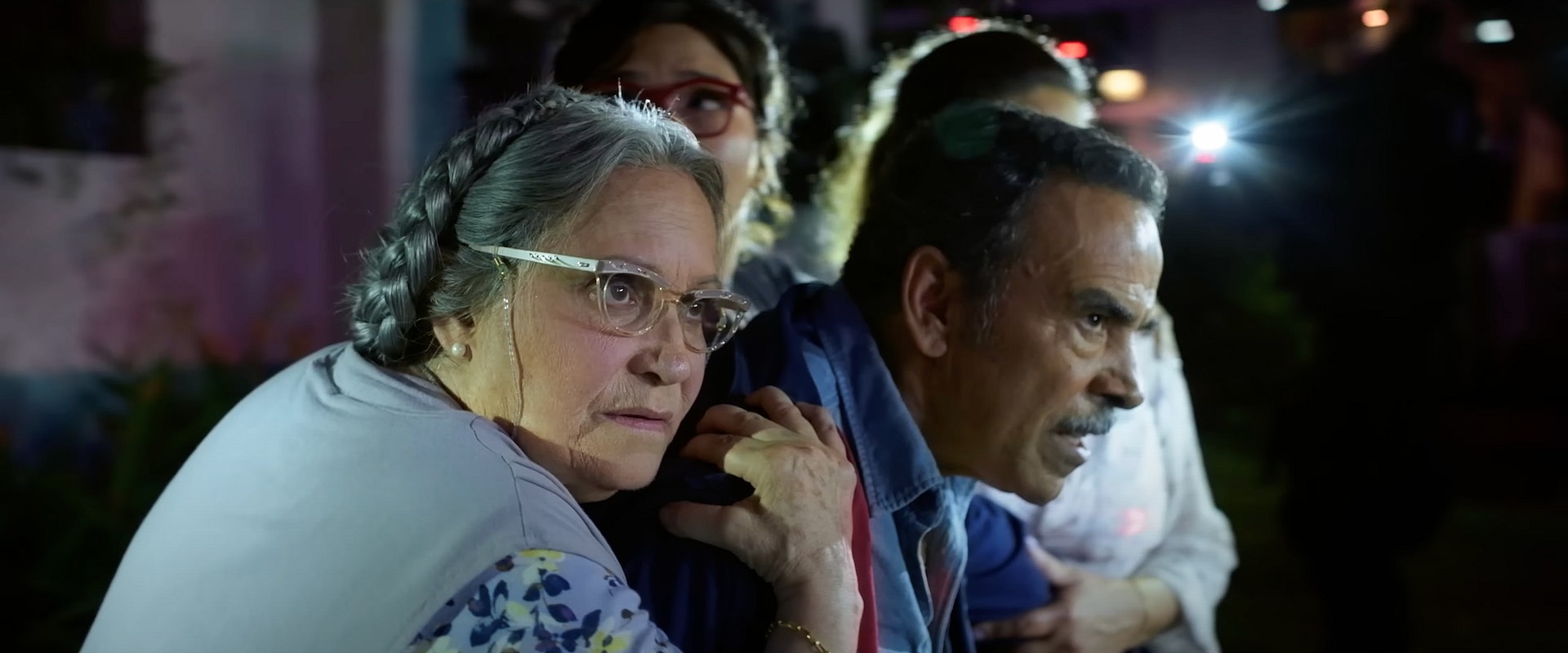
“But all of a sudden, everything that you have fought for, everything that you have worked for, everything that you have built, is now burning. I needed the depiction to be triggering, because it’s the experience of many,” he continued.
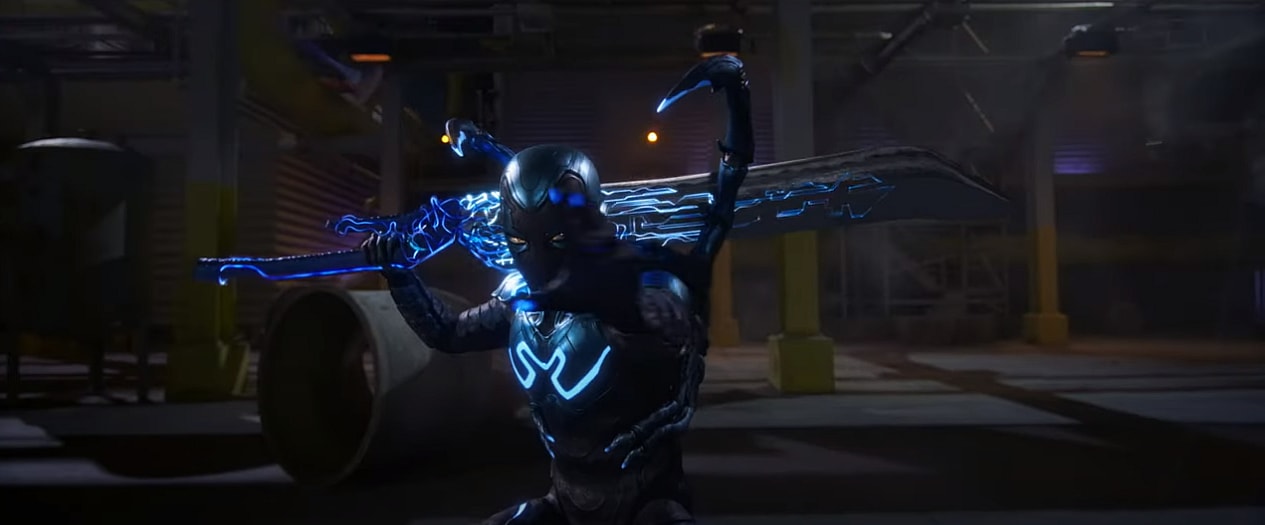
Even before Soto spoke with MovieMaker, Susan Sarandon, who plays Victoria Kord in the film told Jmmy Fallon that her character is “the white military industrial complex.”
She said, “What’s fabulous about [Blue Beetle] is it’s the first Latinx hero that has his own movie. Even better all of the Mexican — because his family is Mexican and all the actors were Mexican and it’s in Spanish so it’s subtitled.””
Sarandon then shared, “I’m, of course, the bad guy. I’m the white military industrial complex. So I had a fabulous time because there’s nothing better than being bad.”
Soto also informed The Playlist that the film’s supervillain, Carapax, is a representation of interventionism in Latin America and the Caribbean.
He told The Playlist, that he sees the character of Bane in this regard, but did not know on whether he would get to work on the character so he took his ideas for Bane and applied them to Blue Beetle’s Carapax.
Soto explained his ideas for Bane, “As far as Bane goes, the comics that are about Bane’s story, it felt like he’s very misunderstood much like Carapax in the movie. He is a product of his environment and that history has been buried. The history of the Caribbean, the Antilles. It’s a history that’s brushed off in history books.”
“So for me, it was very important to be seen,” he continued. “And with the character of Bane, the formation of this villain, I think in his own right, he’s also a hero in his story. So whether whatever happens at the end that might have gotten distorted because of what was done to him, I think that what he represents is a lot of the unknown, or forgotten, or brushed under the rug history of interventionism in Latin America and the Caribbean.”
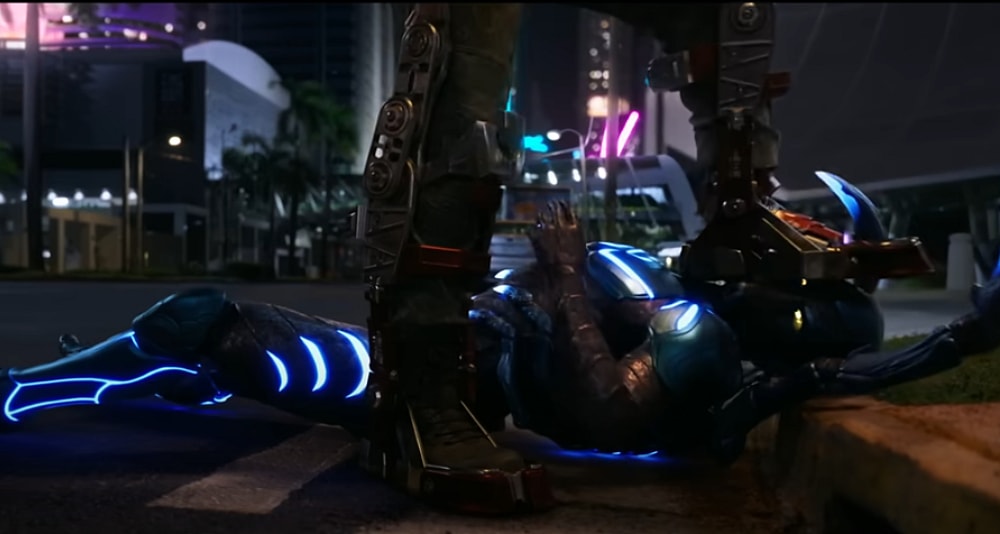
He later revealed he took what he viewed as Bane’s backstory and grafted it on to Carapax in the Blue Beetle film, “But while working on the character of Carapax, I was like, ‘Well, I don’t know if I’ll ever make a Bane movie. Let me take what I loved about Bane, about the backstory that I wanted to explore and let’s give it to Carapax.’”
Soto added, “Because part of the idea was that maybe Carapax and Bane came from the same place. Maybe!? I mean Pago Island, right?”
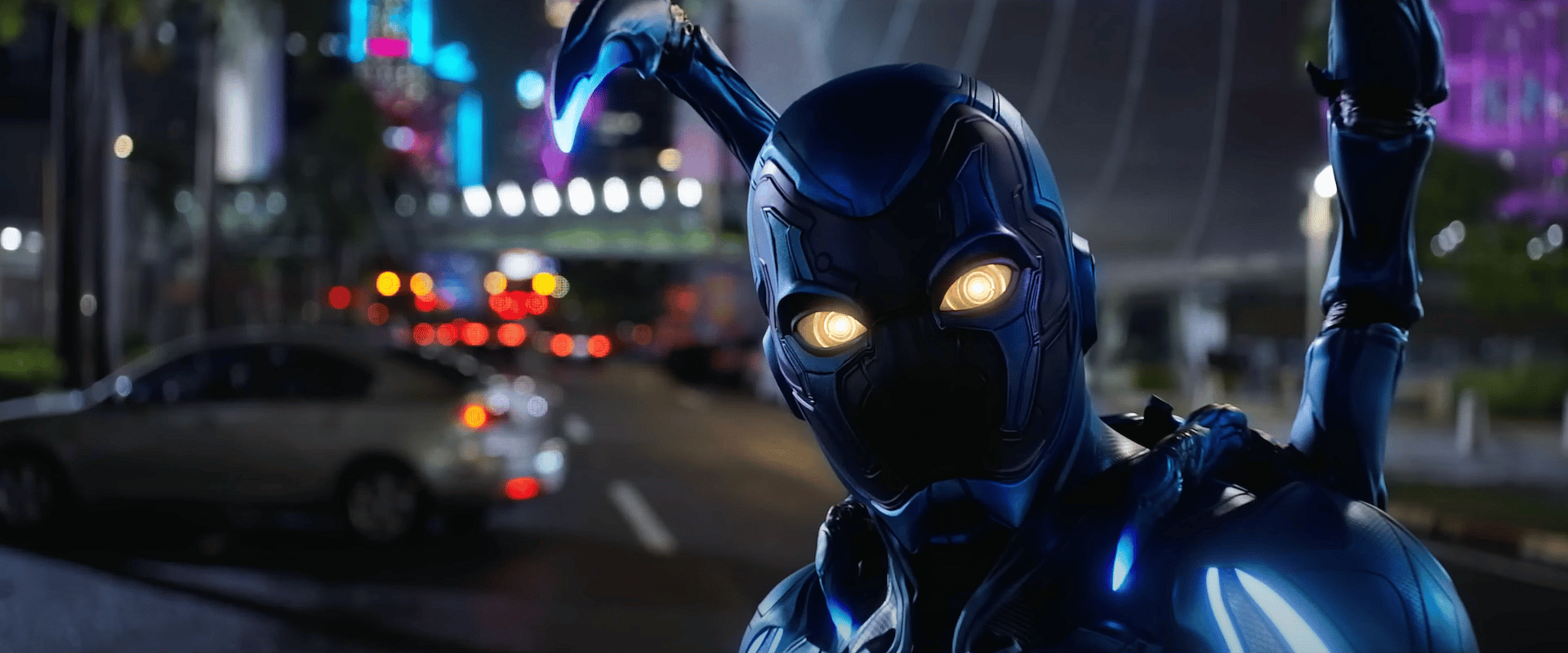
He then explained the importance of taking his perceived version of Bane’s backstory and applying it to Carapax, “Because we need it. When we’re introduced to the world in movies, right, where we are seen as villains, it’s just given that we are born that way.”
“And when we talk about the history of Latin America, nobody dares to question, well, what happened before. Okay, well what happened before? More times than none when you go back even before 1954, but if we want to go to 1954 in Guatemala it was U.S. interventionism that drove these places to the miseries that they’re in.”
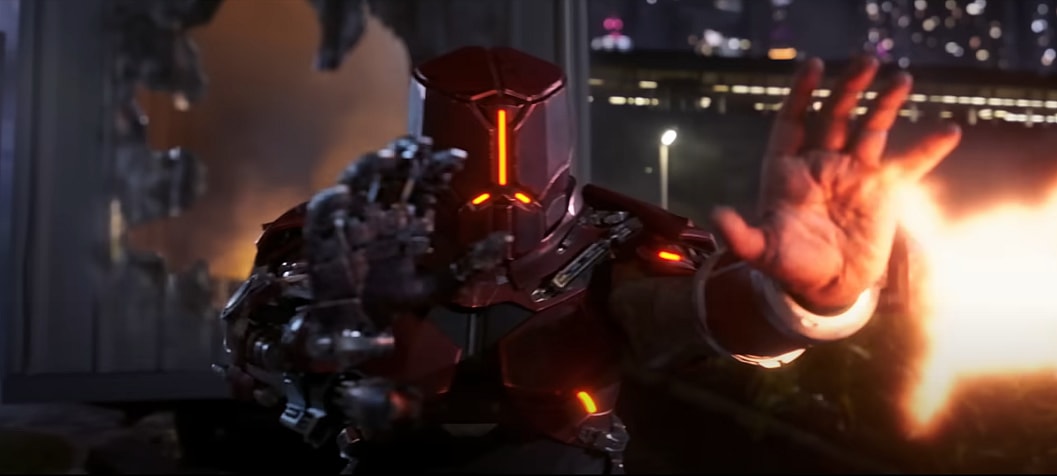
While the confirmation of these themes is not surprising, what Soto also does in this interview with Collider is he breaks the narrative that Hollywood goes out and finds the best actor for the role.
Clearly, they do not. Soto made it crystal clear that they specifically sought out Mexican actors for the role. That means it’s safe to assume that he and the team at Warner Bros. did not look at other actors who might have had different ethnicities to play the role.
Now, could the actors he did indeed hire do an excellent job? Yes, but that is beside the point. The point is that Soto specifically sought out Mexican actors for the role and did not look at others even Mexican Americans.
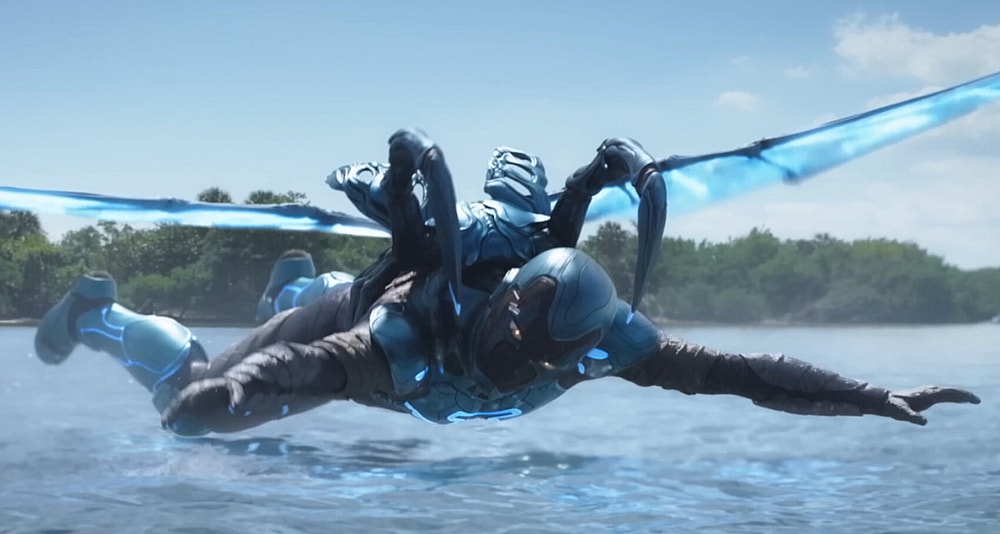
This also means the whole representation narrative is a farce given he’s trying to apply what he sees as the universal experiences of Puerto Ricans and Mexicans to Latinos at large.
Latinos do not just include Mexicans and Puerto Ricans.
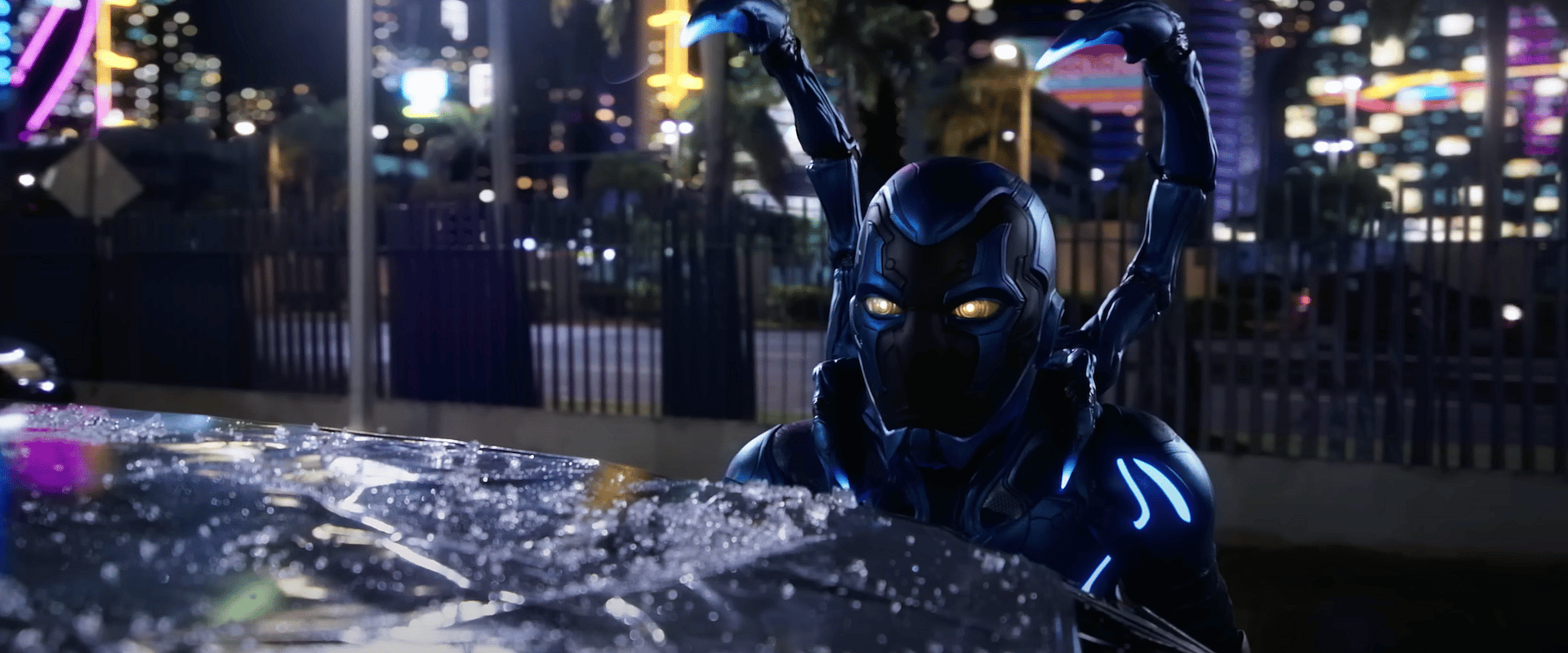
What do you make of these recent comments from Angel Manuel Soto?
